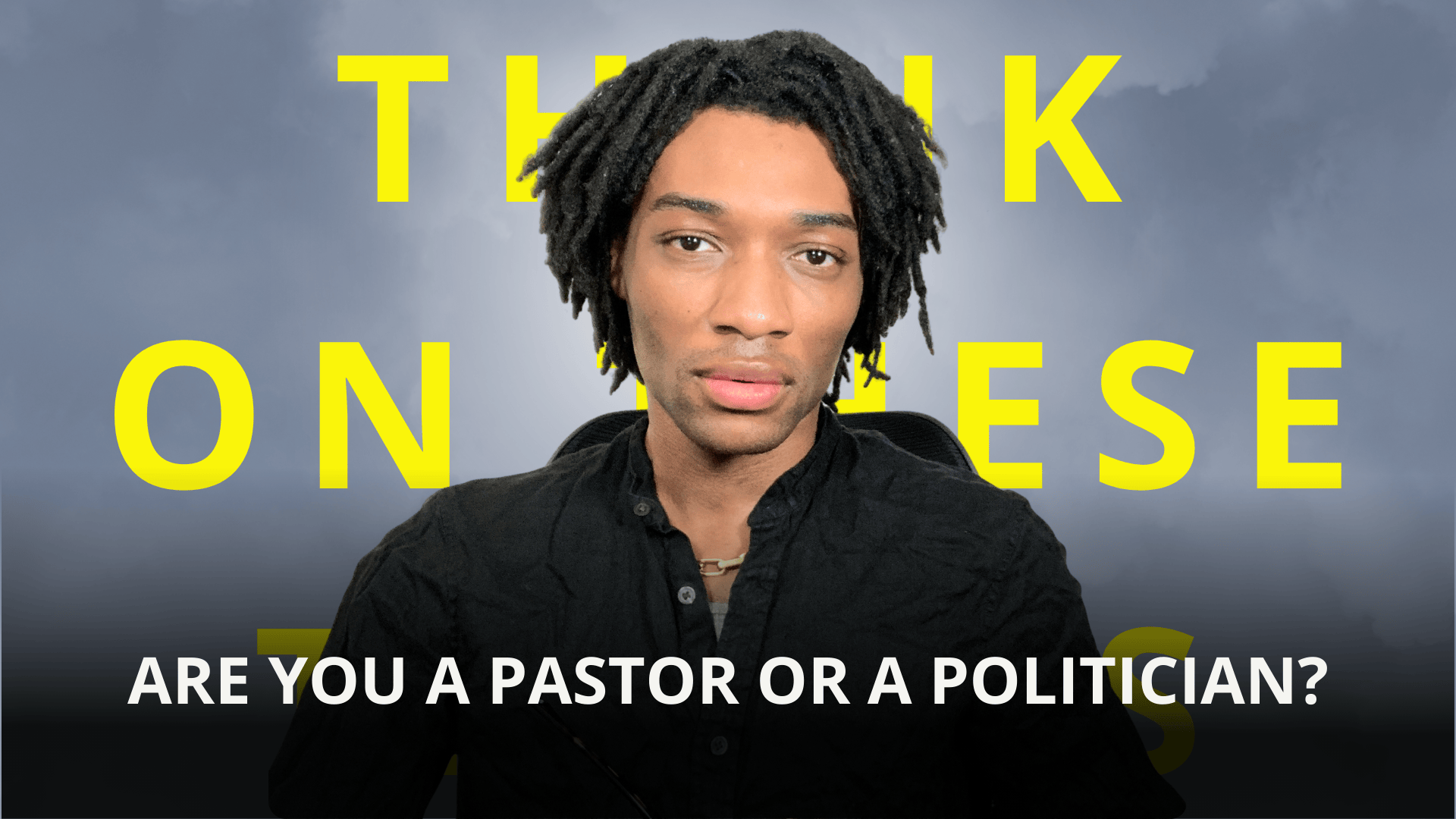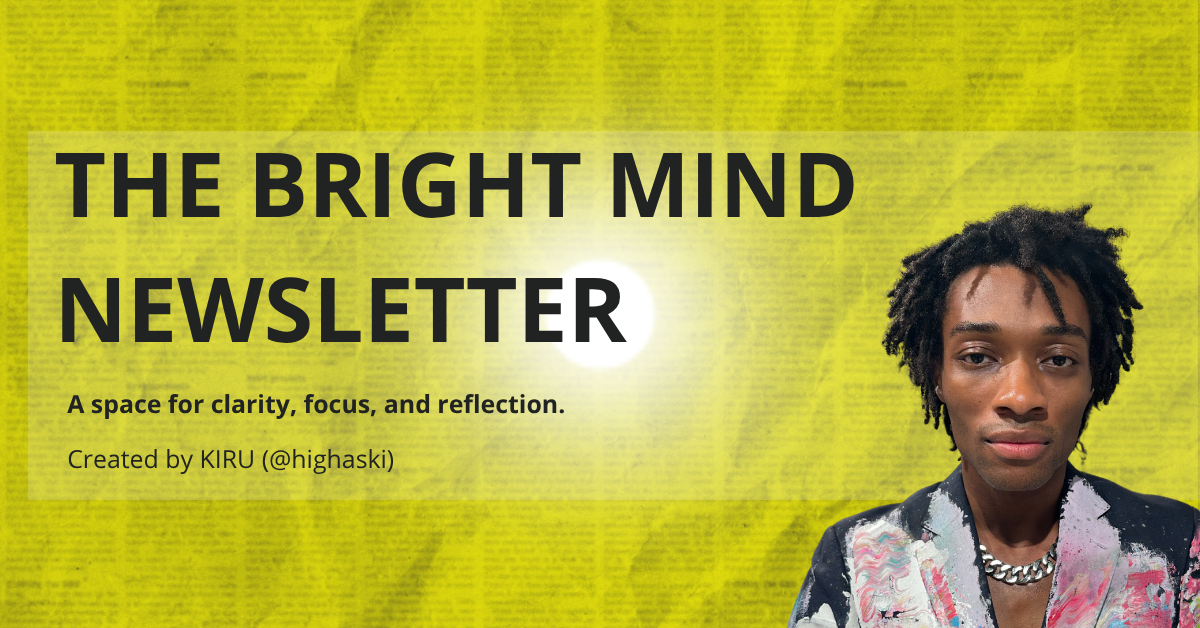The Pen Is Mightier Than the Sword: An Enduring Truth
Unleashing the Power of Ideas in a World of Conflict
"The pen is mightier than the sword" is a powerful adage that encapsulates the idea that words, ideas, and communication hold greater sway than physical force or violence. It's a testament to the enduring influence of intellectual and creative expression in shaping opinions, decisions, and the course of history. Essentially, it posits that the power of persuasion, logic, and information can achieve what brute force cannot.
While a sword can inflict immediate physical damage, the pen, representing written or spoken communication, can inspire revolutions, forge treaties, and fundamentally alter societal structures over generations. It emphasizes the lasting impact of ideas, whether through literature, philosophy, or political discourse, demonstrating that lasting change often stems from the realm of thought rather than physical confrontation.
The phrase's popularization is attributed to Edward Bulwer-Lytton's 1839 play, "Richelieu; Or the Conspiracy," where Cardinal Richelieu declares, "Beneath the rule of men entirely great, the pen is mightier than the sword." However, the sentiment itself predates this specific articulation. Throughout history, various philosophical and cultural ideas have echoed this principle. The power of rhetoric in ancient Greece, the impact of religious texts across civilizations, and the influence of early printing presses all illustrate the potent role of communication.
The spread of Enlightenment ideals through pamphlets and books, for instance, fueled revolutions and shaped modern political thought. Diplomacy, a form of verbal negotiation, has consistently been employed to avert wars and resolve conflicts, showcasing the practical application of this adage. The long-term impact of influential literature, like the works of Shakespeare or the writings of philosophers like Plato, demonstrate the enduring power of ideas transmitted through the written word.
In our modern world, "the pen is mightier than the sword" remains remarkably relevant. Advocacy groups, educators, journalists, and social activists leverage the power of words to effect change. Journalism, for example, holds those in power accountable, exposing corruption and injustice through investigative reporting. Social media, though a double-edged sword, has enabled marginalized voices to amplify their messages and mobilize movements for social justice.
Education, at its core, is the transmission of knowledge and ideas, empowering individuals to think critically and contribute to society. Peaceful protests and civil disobedience, often driven by powerful speeches and written manifestos, have historically achieved significant progress in human rights and social reform. The ability of a well-crafted argument to sway public opinion and influence policy decisions is undeniable. However, we must also acknowledge the potential for words to be used destructively. Misinformation, propaganda, and hate speech can incite violence and sow division. Therefore, the responsible use of communication is paramount. The adage necessitates a commitment to truth, empathy, and constructive dialogue.
Ultimately, "the pen is mightier than the sword" serves as a reminder that the most profound and lasting changes often originate from the realm of ideas and communication. We are encouraged to reflect on how we can use our own words and ideas to contribute to positive change in our lives and communities, recognizing that the power to shape the world lies not only in physical force, but more enduringly, in the power of the human intellect.
Keep Going!
Check out these related posts









